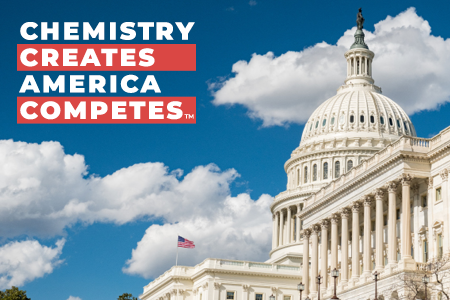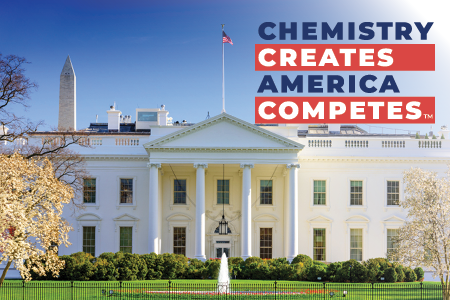



On January 22, 2025, U.S. Rep. Beth Van Duyne (R-TX) introduced the Chemical Tax Repeal Act, which aims to repeal the Superfund Tax imposed on chemical manufacturers during the Biden administration. This legislation seeks to amend the Internal Revenue Code of 1986 by eliminating excise taxes on taxable chemicals and substances. Van Duyne argues that the tax has led to increased prices for household goods and has put U.S. manufacturers at a disadvantage compared to foreign competitors, particularly China. The Superfund tax is projected to cost the economy nearly $15 billion by its expiration in 2031. The bill has garnered support from cosponsors including Reps. Carol Miller (R-WV), Darin LaHood (R-IL), and Mike Carey (R-OH) [a6682a16].
This legislative initiative comes amid ongoing discussions about the regulatory landscape affecting the chemical industry. The American Chemistry Council (ACC) has been actively advocating for science-based regulations and has called on Congress to support resolutions disapproving of the Environmental Protection Agency's (EPA) HON final rule, which targets over 200 chemical plants. The ACC argues that the EPA's rule relies on flawed science and outdated emissions data, potentially hindering access to essential chemistries [957e2e3f].
The ACC's concerns about regulatory burdens are echoed in their previous calls for President Biden to establish an Interagency Policy Committee (IPC) to analyze the economic impacts of regulations on the chemical industry. They emphasize the need for balanced policies that support innovation while protecting the environment [8d1b5d73].
Additionally, the bipartisan introduction of the 'Regulatory Early Notice and Engagement Act' aims to improve the regulatory review process by requiring federal agencies to publicly disclose new rulemaking activities. This bill is seen as a way to enhance congressional oversight of federal agencies and restore order in regulatory practices [7ff414f8].
As the ACC and other stakeholders continue to push for favorable regulatory conditions, the introduction of the Chemical Tax Repeal Act represents a significant step towards alleviating financial pressures on the chemical manufacturing sector, which is vital for the U.S. economy and innovation [a6682a16].